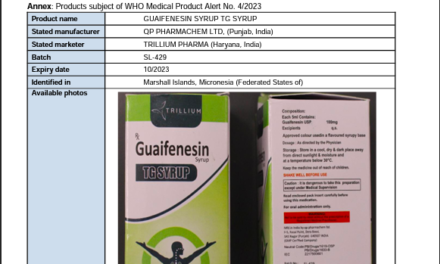A recent study has found that proton pump inhibitors (PPIs), commonly used for acid-related conditions, may increase the risk of end-stage kidney disease (ESKD) progression by 14% in patients with chronic kidney disease (CKD) stage 3. The study suggests that the risk varies based on CKD stage and underlying comorbidities.
Study Findings
According to research published in Scientific Reports, the use of PPIs was associated with an increased risk of ESKD in patients with CKD stages 3 and 4. Researchers analyzed data from 34,656 CKD patients using the Korean Health Insurance Review and Assessment database. The study included patients who had initiated PPIs or histamine-2 receptor antagonists (H2RAs) for more than 90 days between 2012 and 2021. After matching for propensity scores, 19,438 patients were evaluated.
The results showed that PPI users had a higher ESKD incidence rate (10.5 per 100 patient-years) compared to H2RA users (9.2 per 100 patient-years), indicating a 14% increased risk (Incidence Rate Ratio [IRR] 1.14). Notably, the risk was more pronounced in CKD stage 3 patients (IRR 1.40), while it was not statistically significant in CKD stage 4 patients (IRR 1.04). These trends remained consistent among patients with or without diabetes.
Clinical Implications
PPIs are widely prescribed for conditions such as gastroesophageal reflux disease (GERD) and peptic ulcers. However, given the potential risks identified in this study, healthcare providers may need to carefully evaluate the long-term use of PPIs, particularly in patients with CKD. Alternative treatments, such as H2RAs, may offer a safer option for acid suppression in certain cases.
Future Research and Considerations
The study highlights the need for further investigation into the mechanisms underlying PPI-associated kidney risks. Researchers recommend additional clinical trials to confirm these findings and to determine whether modifications in PPI use can mitigate kidney disease progression in at-risk populations.
Disclaimer: This article is for informational purposes only and does not constitute medical advice. Patients should consult their healthcare providers before making any changes to their medication regimen.
Source: Scientific Reports












